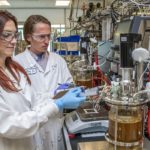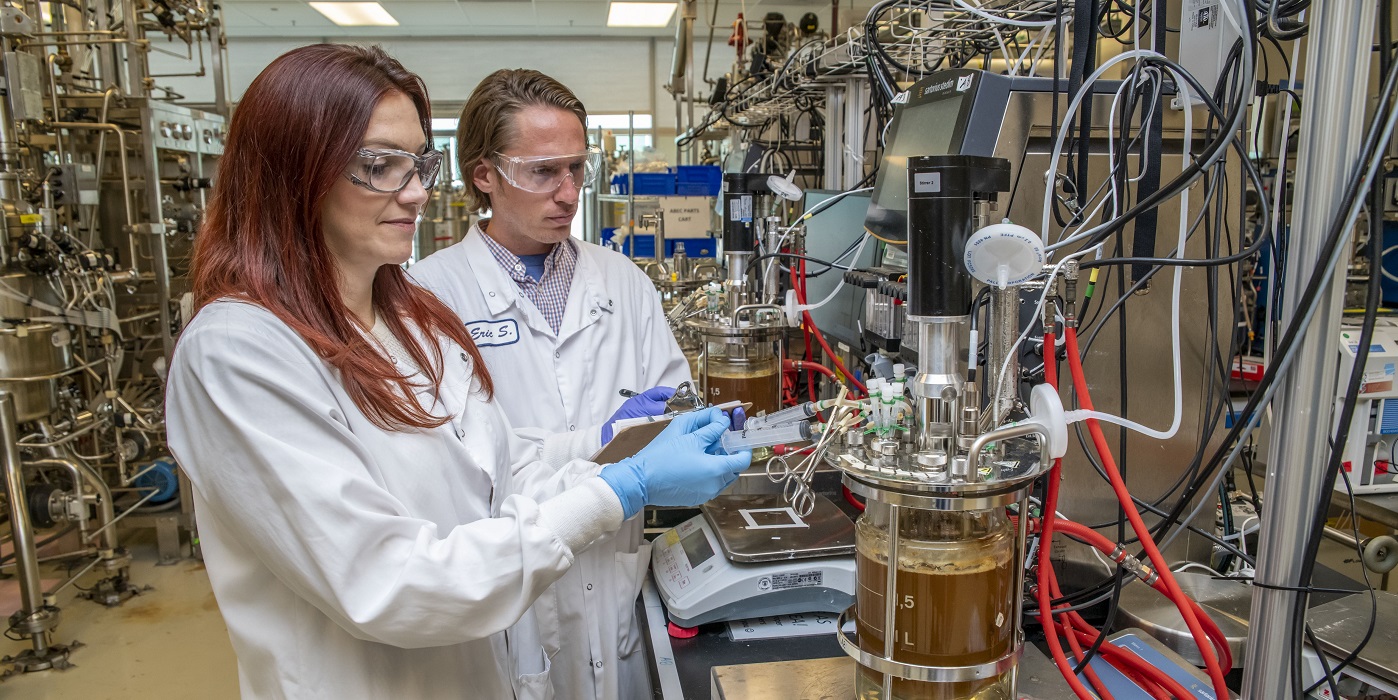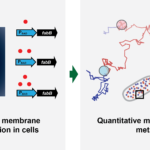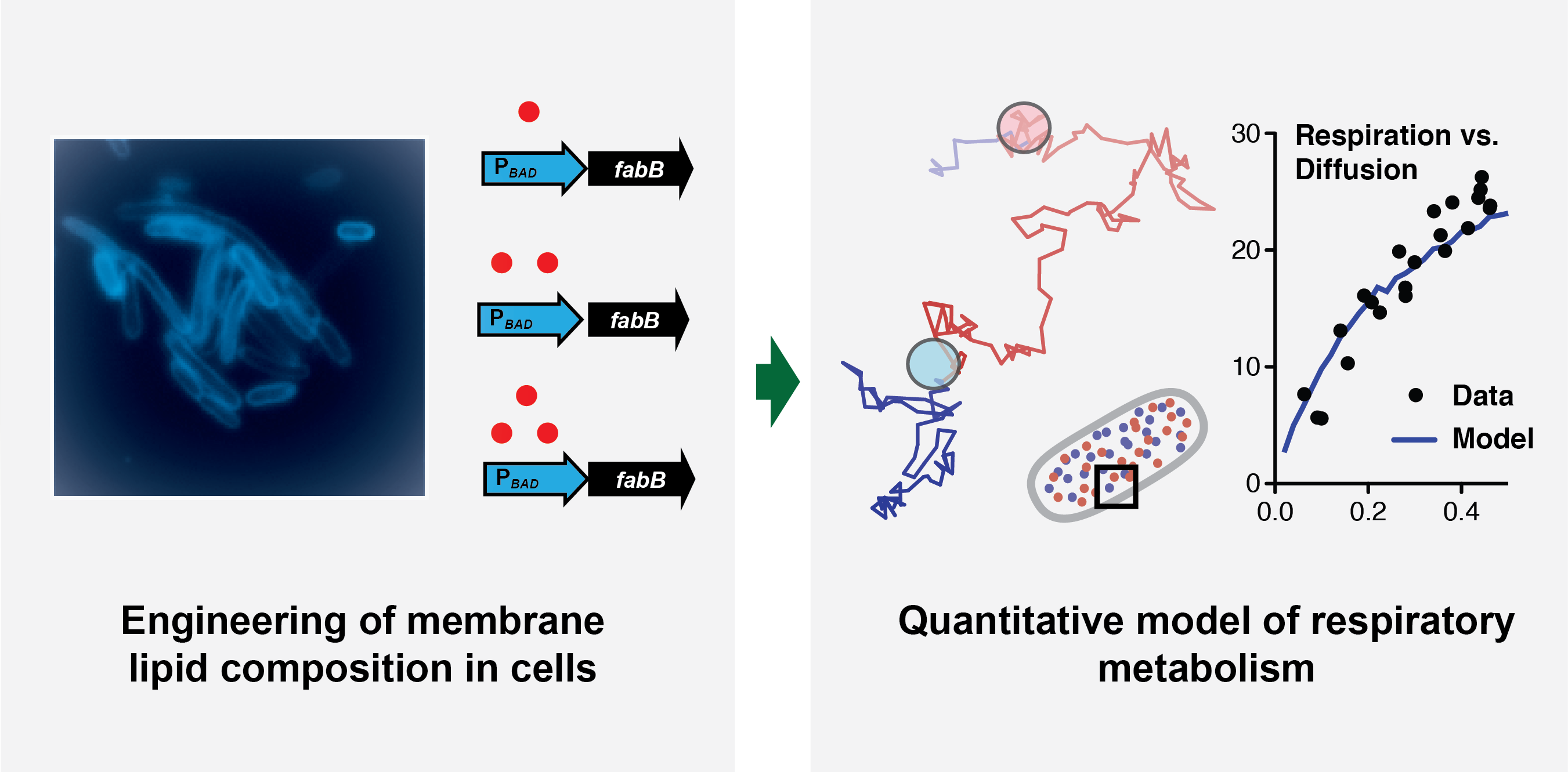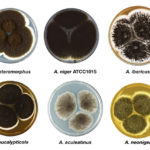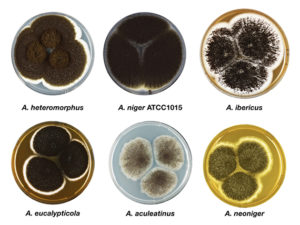The Biosciences Area recently joined the California Air Resources Board, UC Berkeley, and UC’s Division of Agriculture and Natural Resources in co-hosting the California Bioresources Economy Summit, aimed at harnessing biotechnology to convert California waste streams from farms, forests, and landfills into valuable low-carbon fuels and products.
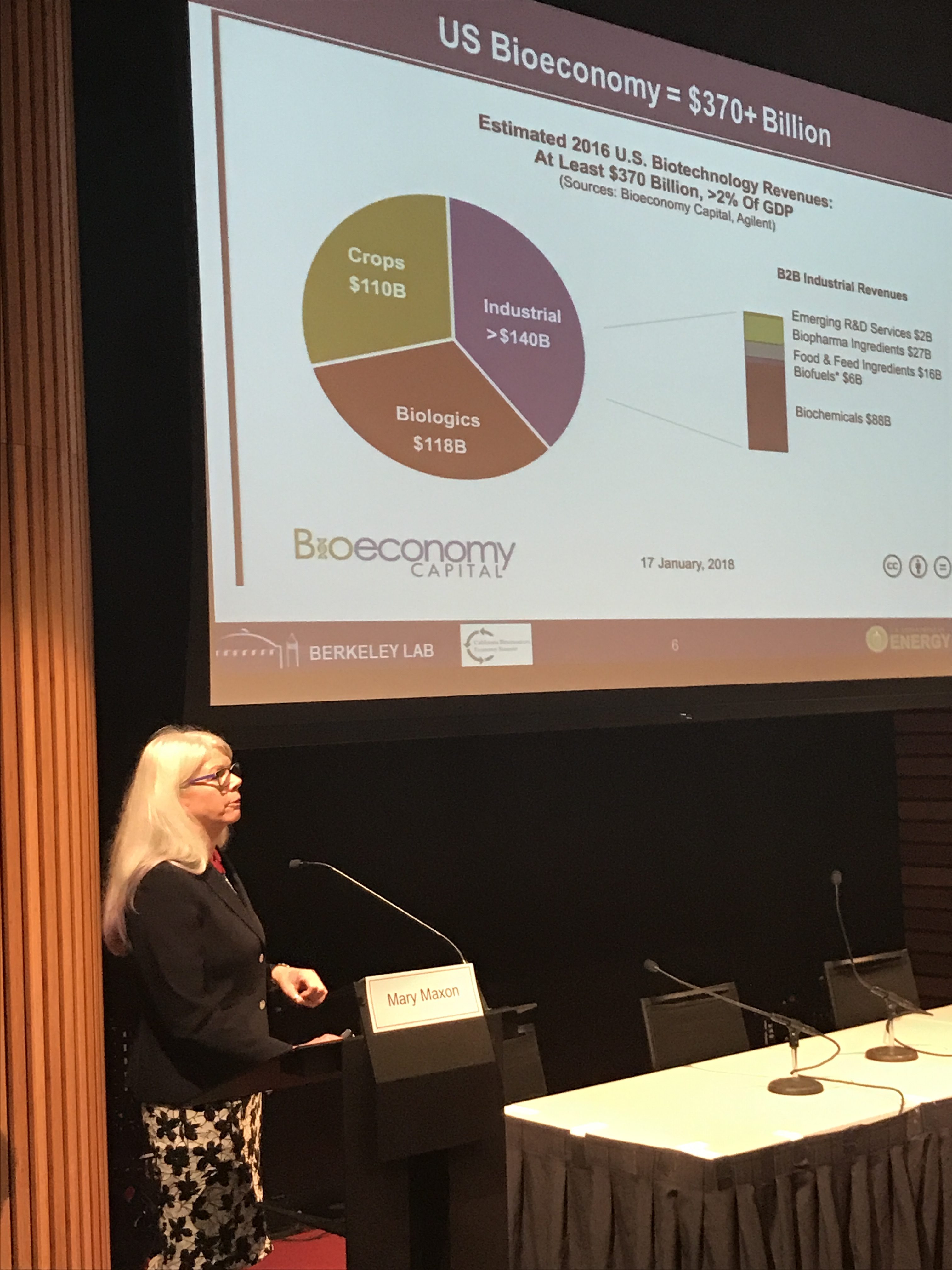 Associate Laboratory Director for Biosciences Mary Maxon keynoted the two-day conference as it kicked off January 29 at the David Brower Center in Berkeley. In her presentation, Maxon noted that expansion of the $370 billion per year U.S. bioeconomy could create more than 1 million jobs while reducing annual carbon emissions by up to 450 million tons.
Associate Laboratory Director for Biosciences Mary Maxon keynoted the two-day conference as it kicked off January 29 at the David Brower Center in Berkeley. In her presentation, Maxon noted that expansion of the $370 billion per year U.S. bioeconomy could create more than 1 million jobs while reducing annual carbon emissions by up to 450 million tons.

